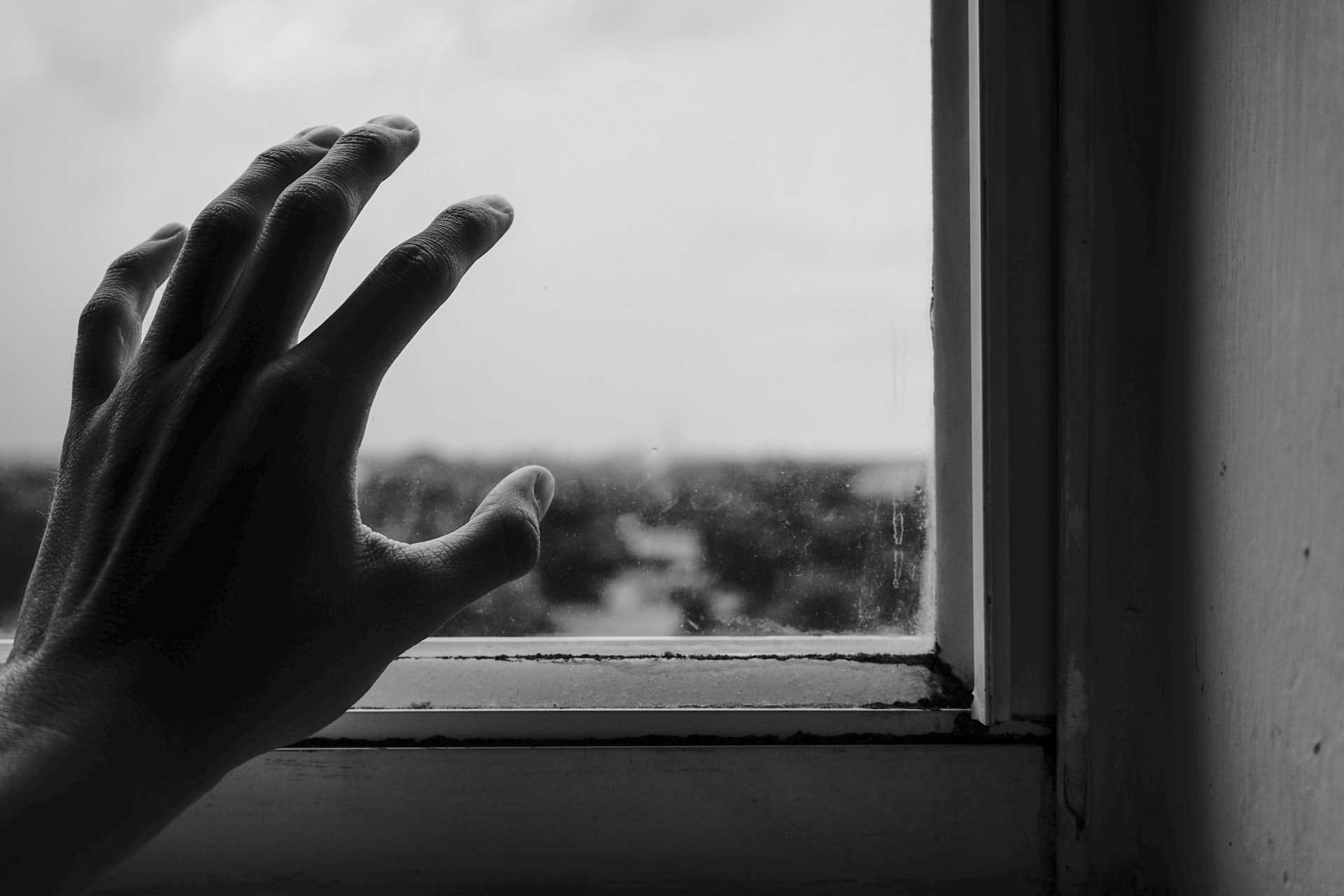Bodily responses to mental anguish and the role of counselling in bringing relief
The human body is a very complicated instrument that often springs surprises on those who are involved in its care.
Mental health issues are often considered as being separate to bodily illness and physical health. However, there is growing recognition that the body can be strongly affected by the mind, for either good or bad, and many physical conditions can be caused by the mind being upset and losing equilibrium.
When we are worried we may start to sweat or feel our heart beating hard against our chest wall. These are physical reactions to mental processes. People sometimes refer to problems such as ‘stress headaches’, when the sufferer recognises that the physical pain is the result of mental stresses, such as anxiety.
Back pain affects many people and is usually seen as having a physical cause. However, a series of papers in the Lancet, (June 2018), highlight possible alternative triggers for the pain and so different ways to deal with back problems. Tim Kent, an NHS adult psychotherapist, suggests that when a person experiences a devastating experience that is not resolved they can be left with mental anguish. This, in turn, can manifest itself in bodily symptoms such as back pain. In order to ‘treat’ these pains Martin Underwood, a GP identifies the value of ‘therapist delivered interventions’. Cathryn Jakobson Ramin considers it is important to find a way to deal with the stress in your life as a possible treatment for back pain (Guardian 14.06.2018 G2 p.9).
Dr Suzanne O’Sullivan is a consultant neurologist and she has recorded* many cases of severe illness producing physical symptoms that do not have medical causes but instead are the complicated result of mental distress or trauma.
It is thought that up to a third of patients visiting their GP are in this category. Dr O’Sullivan demonstrates how addressing the mental anguish of the patient can help to diminish the physical pain and release the client from their illness.
The main difficulty with this conclusion is that people often find it hard to accept that their disabled state is caused by their own mind. It is difficult to hear that you are suffering from a psychosomatic illness.
But in many ways we should be rejoicing because instead of taking medicines with possible side-effects or undergoing medical procedures or operations you have the prospect of a cure in your own head with the help of a trained facilitator, such as a counsellor.
It may be a long road but using the power of your own mind and with a positive attitude to a successful outcome then, with the correct help and support, you could be well again.
I have worked with counselling clients who are suffering from inexplicable physical problems. The clients that I have helped have been experiencing a number of symptoms such as unpredictable body spasms, stomach ulcers, irritable bowel syndrome, migraine, and facial and verbal tics. All of these have been relieved to a considerable extent following the counselling process and the clients have been pleasantly surprised and excited at the power of their own minds to heal their own bodies.
Counselling cannot take the place of a thorough investigation by a trained medical professional which may lead to a diagnosis and identify a physical problem leading to treatment. However, in cases where there is no medical reason for the symptoms and therefore no medical solution then counselling may work. Because it is non-invasive then it is certainly worth a try so please feel free to contact me to discuss how I might help you.
If you want to read more about the connection between body and mind, this book is a really interesting read, although some of the symptoms are quite extreme.
* ‘It’s All In Your Head’ by Dr Suzanne O’Sullivan published by Penguin (2015)

